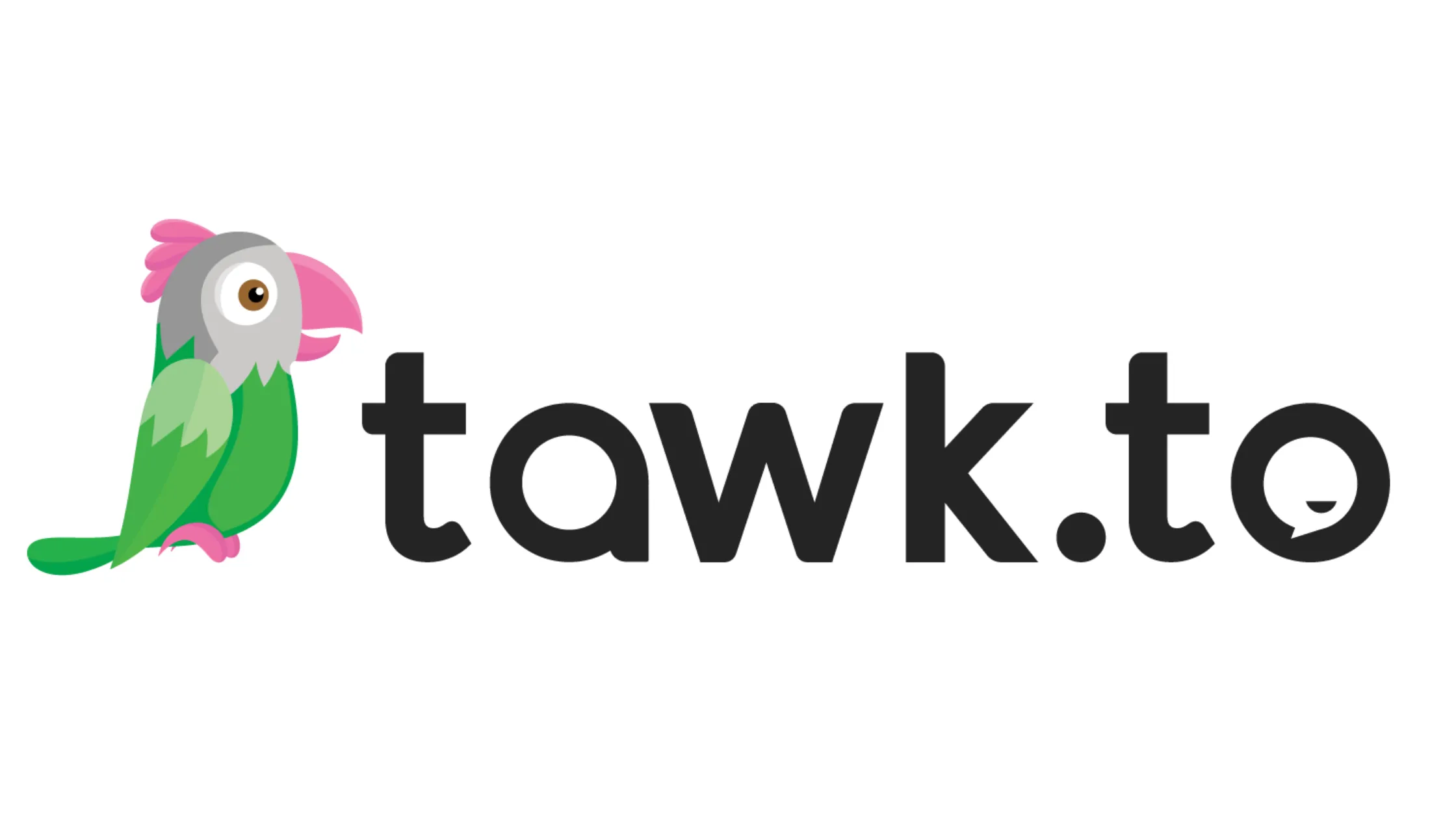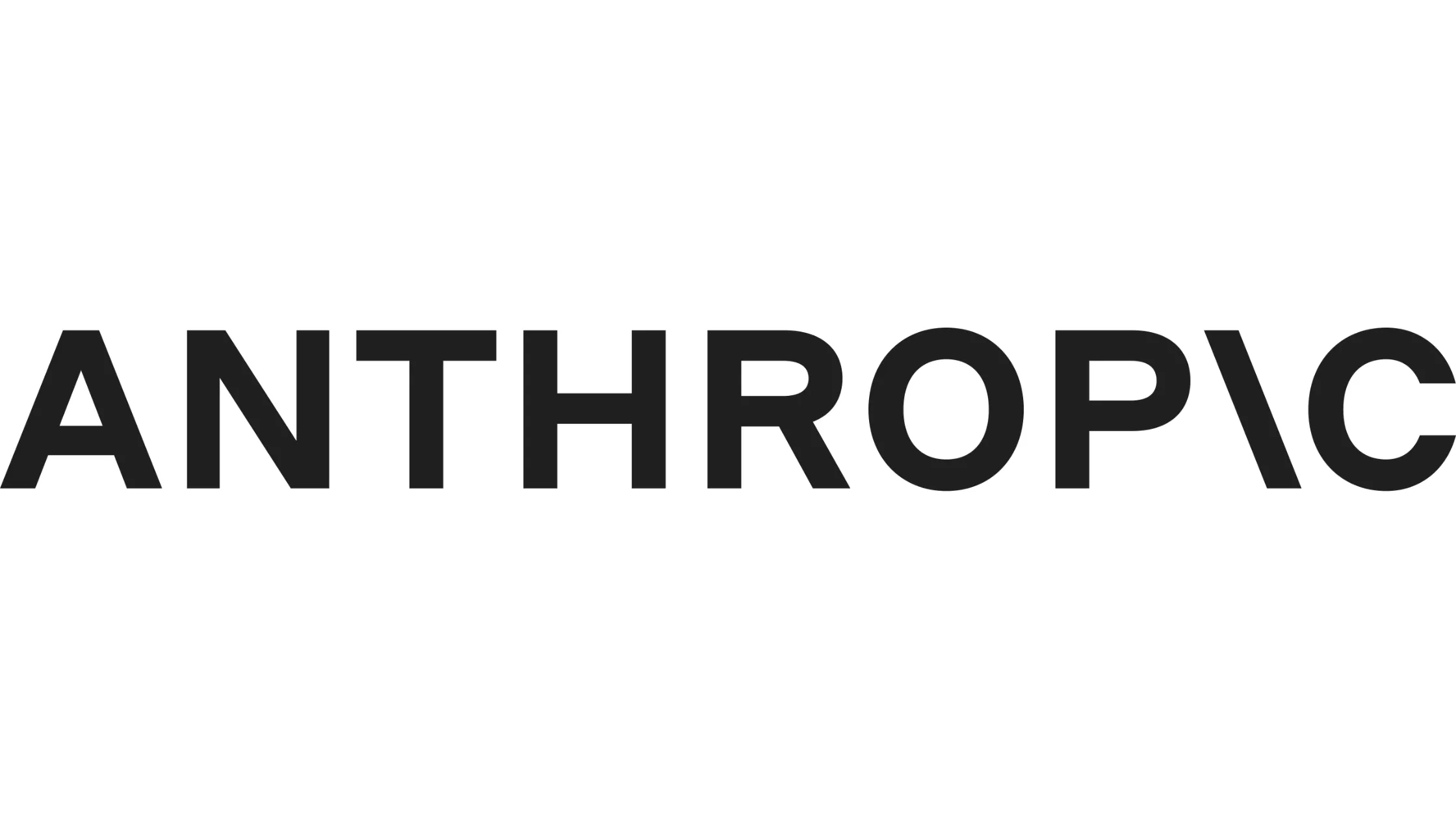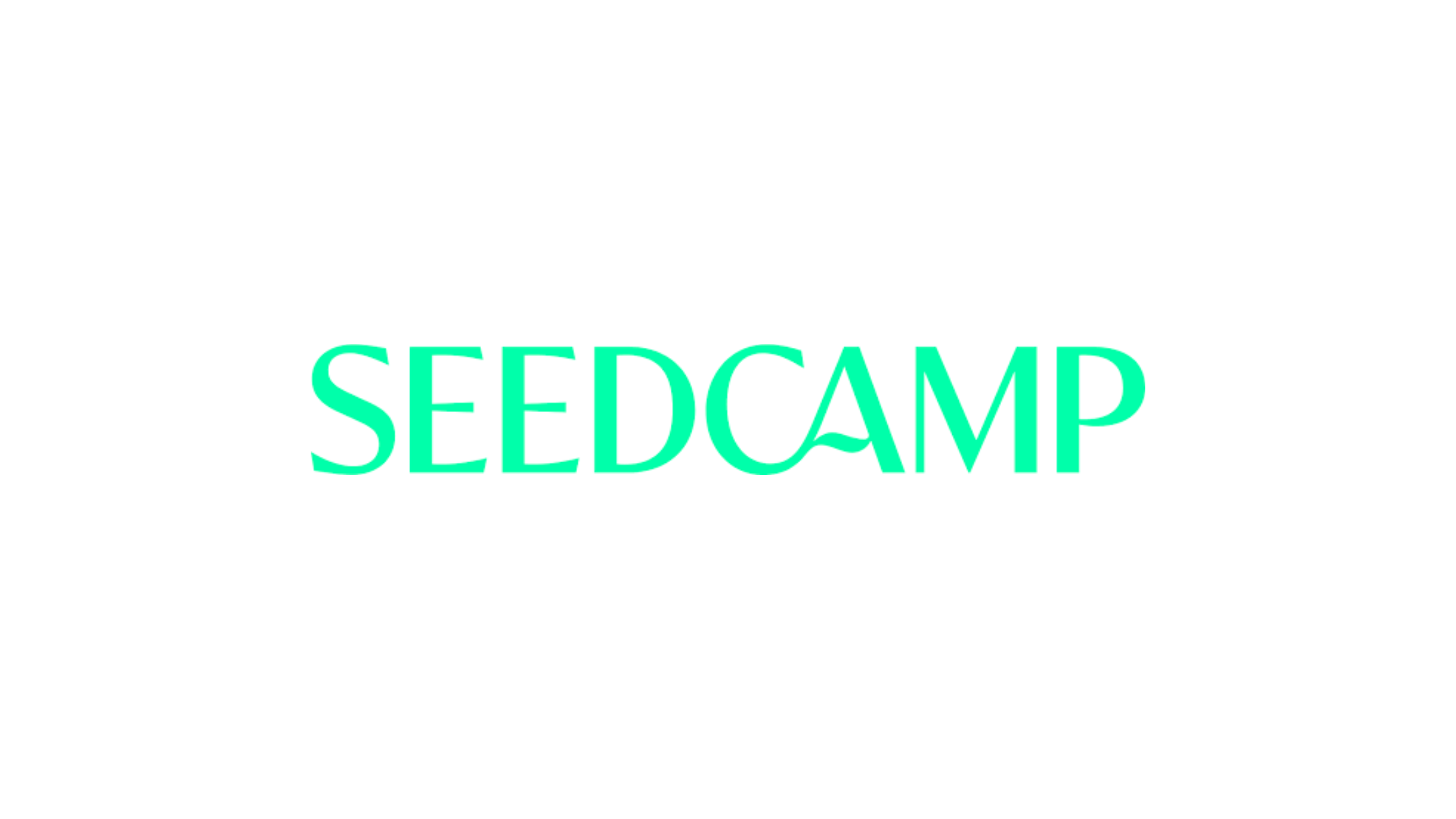
What is Growth Hacking?
Learn the essentials of growth hacking for startups, from low-cost acquisition tactics to data-driven strategies that rapidly scale user growth.
If you're a startup founder, you've probably heard the buzz around growth hacking, but what exactly does it mean? Growth hacking is a set of marketing techniques that focus on rapid experimentation across various strategies to identify the most effective ways to grow your startup. Unlike traditional marketing, growth hacking is about leveraging data, creativity, and technology to fuel your company's growth in a cost-effective way.
As a YC alum and co-founder of multiple startups, I’ve seen how crucial growth hacking can be in the early stages of building a business. When you're dealing with tight budgets, limited resources, and intense competition, growth hacking allows you to maximize your impact without draining your cash flow.
In this article, I’ll walk you through the key concepts of growth hacking, share some real-world examples, and give you practical tips to implement growth hacking strategies for your startup.
Why Startups Should Care About Growth Hacking
Cost-Effective Scaling
When you're just getting started, the traditional routes for scaling, like paid advertising, can be prohibitively expensive. Growth hacking, on the other hand, focuses on creative, low-cost alternatives to drive massive user growth.
Growth hacking allows you to:
- Test multiple marketing tactics quickly and cheaply
- Gather data to make informed decisions on what’s working
- Scale the strategies that produce the best results without breaking the bank
Faster Go-to-Market
In the startup world, speed is everything. Whether you're chasing a new product launch or trying to gain early traction, growth hacking helps you iterate rapidly. You can quickly figure out what resonates with your audience and what doesn't. This trial-and-error approach is particularly valuable for startups that are still trying to find product-market fit.
Key Components of a Successful Growth Hacking Strategy
Product-Market Fit
The foundation of any growth hacking effort is achieving product-market fit. Without this, even the most clever growth hacks won't stick. You need to ensure that your product or service is solving a real pain point for your customers. Only when users love what you’re offering does growth hacking become effective.
To assess whether you have product-market fit, ask yourself these questions:
- Do users engage with your product frequently?
- Are they recommending it to others?
- Do you have a high retention rate?
If the answer to these questions is “yes,” then you're in a good position to start scaling your growth efforts.
Data-Driven Decision Making
Growth hacking is rooted in data. Every experiment you run should be backed by data that helps you understand what works and what doesn’t. This approach minimizes guesswork and lets you focus on strategies that have a real impact on growth.
To implement data-driven decision making:
- Use tools like Google Analytics, Mixpanel, or Amplitude to track user behavior
- Run A/B tests to see which variations of your strategy yield better results
- Set measurable growth metrics (e.g., user acquisition, retention, engagement)
Growth Hacking Tactics You Can Use Today
Viral Loops
One of the most powerful growth hacking strategies is creating viral loops. A viral loop occurs when your product incentivizes users to invite others, leading to exponential growth. Dropbox is a famous example—by offering extra storage space to both the referrer and the referred, Dropbox grew its user base from 100,000 to 4 million in just 15 months.
To implement a viral loop:
- Offer tangible rewards to users who invite friends (discounts, credits, exclusive access)
- Make the process of inviting others seamless and easy
Leveraging Community Platforms
Building or tapping into communities is another effective growth hacking tactic. Platforms like Reddit, Product Hunt, and LinkedIn Groups can help you reach a large audience without spending much. By engaging with your target audience in these communities, you can drive organic traffic and build brand awareness.
Here’s how to make the most of community platforms:
- Identify the platforms where your target audience hangs out
- Provide valuable content or solutions, not just self-promotion
- Engage in discussions, answer questions, and build relationships
Email Marketing and Retargeting
While it might seem like a traditional marketing tactic, email marketing can be a crucial part of your growth hacking efforts when done right. With segmented lists and personalized messages, you can nurture leads and convert them into loyal customers.
Retargeting is another powerful tool to bring back users who’ve shown interest but haven’t converted yet. Platforms like Facebook Ads and Google AdWords allow you to retarget users with personalized messages, increasing the chances of conversion.
Real-World Examples of Growth Hacking
Airbnb
Airbnb famously used Craigslist to fuel its early growth. By allowing users to cross-post their Airbnb listings directly to Craigslist, they tapped into an enormous user base with minimal effort. This simple growth hack helped Airbnb achieve exponential growth without spending heavily on marketing.
Hotmail
Hotmail used a simple but effective growth hack by adding a line at the end of every outgoing email that said, “Get your free email at Hotmail.” This tactic gave them free exposure every time a user sent an email, leading to rapid user acquisition.
Growth Hacking vs. Traditional Marketing: What's the Difference?
Mindset Shift
One of the core differences between growth hacking and traditional marketing is the mindset. Traditional marketing often focuses on brand awareness, long-term campaigns, and larger budgets. Growth hacking, on the other hand, is laser-focused on rapid growth using minimal resources. The goal is to find creative ways to acquire and retain users quickly, often through unconventional methods.
Growth hackers are typically more comfortable with testing, failing fast, and iterating. Unlike traditional marketers, growth hackers constantly tweak and optimize their strategies based on real-time data to maximize growth.
Cross-Disciplinary Approach
Growth hacking is a multidisciplinary practice. It sits at the intersection of marketing, product development, and engineering. Growth hackers not only look at marketing strategies but also leverage product features, data analytics, and user psychology to drive growth.
For example, a growth hacker might work with the engineering team to add a referral feature to your app, with the product team to optimize the user onboarding experience, and with the marketing team to run A/B tests on messaging. This holistic approach allows startups to find growth opportunities in unexpected places.
Tools Every Growth Hacker Should Know
Analytics and User Tracking Tools
One of the most important aspects of growth hacking is understanding how users interact with your product. Fortunately, there are plenty of tools that help you track user behavior and make data-driven decisions.
Some of the most commonly used tools in growth hacking include:
- Google Analytics – Track website traffic, conversions, and user behavior.
- Mixpanel – A powerful tool for understanding user interactions on web and mobile apps.
- Hotjar – Provides heatmaps and user session recordings to see how visitors are using your site.
- Segment – Allows you to collect and unify user data from different sources to get a clearer picture of your customers.
A/B Testing Tools
Growth hacking is all about experimentation, and A/B testing tools are essential for that. These tools allow you to test different variations of a landing page, email, or feature to see what works best. Here are some popular ones:
- Optimizely – A leading A/B testing platform that enables you to experiment with different website and app versions.
- VWO (Visual Website Optimizer) – Another excellent tool for running A/B tests, split tests, and multivariate tests.
- Google Optimize – A free A/B testing tool that integrates with Google Analytics.
Automation Tools
To make growth hacking scalable, automation tools can help you handle repetitive tasks without needing to dedicate extra resources. From automating email outreach to managing social media accounts, automation tools give you the freedom to focus on more strategic initiatives.
Popular automation tools include:
- Zapier – Connects different apps and automates workflows, from sending emails to posting on social media.
- HubSpot – A comprehensive marketing automation platform that handles everything from email campaigns to lead nurturing.
- Buffer – A social media management tool that lets you schedule posts and analyze performance.
The Role of Product Development in Growth Hacking
Building Features That Encourage Growth
Product development plays a huge role in growth hacking. Sometimes, the best growth hacks come from product features that make it easier for users to share, refer, or engage with your product. The viral loop that Dropbox created with their referral program is one such example. But growth can also come from improving user experience, reducing friction, or optimizing the onboarding process.
At Horizon Labs, we often work with startups to build these growth-focused features directly into the product. Whether it’s creating viral loops, enhancing user onboarding, or implementing data analytics tools, we make sure the product itself becomes a driver of growth.
User Retention and Engagement
While acquiring new users is critical, retaining them is even more important. Growth hacking doesn’t stop once you’ve gotten users in the door. You need to keep them engaged and provide continuous value. Features like personalized onboarding, push notifications, and regular updates can keep users coming back to your product.
Focus on providing an exceptional user experience. That means ensuring your app or platform is bug-free, easy to navigate, and provides real value to users. Retention is often cheaper than acquisition, so investing in keeping your current users engaged can be one of the most effective growth hacks in the long run.
The Future of Growth Hacking for Startups
Growth hacking is constantly evolving, especially as new tools and technologies emerge. AI and machine learning, for instance, are beginning to play a significant role in automating growth strategies, predicting user behavior, and personalizing marketing efforts.
In the future, growth hackers will likely rely even more on data science, automation, and AI to uncover growth opportunities. But the fundamentals will remain the same: understanding your users, experimenting constantly, and iterating on what works.
Why Horizon Labs is the Ideal Growth Hacking Partner
At Horizon Labs, we specialize in helping startups build scalable products that drive growth. As founders ourselves, we understand the challenges that come with growing a startup from the ground up. Our team has worked with YC-backed companies, marketplaces, SaaS platforms, and healthtech startups to implement growth-focused features that drive user acquisition and retention.
With a track record of building custom development solutions and a deep understanding of growth hacking principles, we can help your startup achieve rapid, sustainable growth. Whether you need technical expertise, product development support, or data-driven growth strategies, Horizon Labs is here to be your strategic tech partner.
Contact us at info@horizon-labs.co or schedule a call at https://www.horizon-labs.co/contact to learn more about how we can help you implement growth hacking strategies and scale your startup faster than the competition.
How Horizon Labs Can Help You Implement Growth Hacking Strategies
At Horizon Labs, we know that growth hacking isn't just about clever marketing tricks—it's about creating a product that users love and scaling it efficiently. With years of experience working with early-stage startups, including those from Y Combinator, we’ve helped our clients build, launch, and grow their products faster and more cost-effectively.
Whether you're looking to build a viral product, optimize your marketing funnels, or use data to drive better growth decisions, Horizon Labs can provide the technical expertise you need to turn your vision into reality. Contact us at info@horizon-labs.co or schedule a free consultation at https://www.horizon-labs.co/contact to learn how we can help you scale your startup quickly and efficiently.
Frequently Asked Questions (FAQs) about Growth Hacking:
Q: How is growth hacking different from traditional digital marketing?
A: Growth hacking focuses on rapid experimentation and unconventional strategies to drive user growth, while traditional digital marketing often emphasizes long-term branding and advertising. Growth hackers are more likely to use product-based tactics like viral loops, referral programs, and engineering-led solutions to acquire and retain users. Traditional marketers might rely more heavily on paid campaigns and long-term engagement strategies.
Q: Can growth hacking be applied to any industry?
A: Yes, growth hacking techniques can be applied across various industries, though they are especially effective in tech-driven businesses like SaaS, e-commerce, and marketplaces. While the tactics may differ depending on the type of product or service, the core principles of experimentation, data-driven decisions, and creative problem-solving remain the same.
Q: What role does customer feedback play in growth hacking?
A: Customer feedback is vital in growth hacking because it helps identify pain points and opportunities for improvement. Growth hackers use this feedback to tweak product features, improve onboarding, and discover new growth opportunities. Tools like surveys, customer interviews, and real-time feedback channels can provide valuable insights that directly inform growth experiments.
Q: How do startups prioritize growth hacking experiments?
A: Startups prioritize growth hacking experiments based on potential impact, ease of implementation, and available resources. The idea is to focus on "low-hanging fruit"—tactics that can generate the most significant results with the least effort. Using a prioritization framework like ICE (Impact, Confidence, Ease) helps growth hackers systematically test and scale the most promising experiments.
Q: What are some common mistakes founders make when trying to implement growth hacking?
A: One common mistake is focusing solely on user acquisition without addressing retention. Acquiring users is only half the battle; keeping them engaged and active is equally important. Another mistake is not relying enough on data. Growth hacking requires a constant loop of testing, measuring, and iterating, so it's essential to track performance metrics rigorously. Lastly, founders sometimes fall into the trap of expecting immediate results—growth hacking is about patience and optimization over time.
Q: Can growth hacking work without a dedicated marketing or technical team?
A: Yes, while having a team helps scale efforts, many growth hacking strategies can be executed by founders themselves, especially in the early stages. Using tools that simplify analytics, email marketing, or A/B testing allows founders to experiment without a large team. However, as growth scales, having technical or marketing support becomes valuable to implement more complex strategies.
Q: How do I know if my startup is ready for growth hacking?
A: Your startup is ready for growth hacking once you’ve achieved a basic level of product-market fit. If users are engaging with your product regularly and you’re seeing organic growth, you’re in a good position to accelerate that with growth hacking tactics. Before that point, focus on refining your product to meet customer needs, as growth tactics won’t stick if your product isn’t resonating with your target audience.
Q: How does automation factor into growth hacking?
A: Automation plays a crucial role in scaling growth hacking efforts. By automating repetitive tasks like email marketing, social media posting, or user onboarding, startups can focus more on creative experimentation and strategy. Automation also helps maintain consistency, ensuring that high-growth tactics continue to deliver results even as you scale.
Q: How long does it take to see results from growth hacking?
A: The timeline for results depends on various factors such as your product, market, and the experiments you're running. Some growth hacking techniques, like viral campaigns or referral programs, can yield fast results within weeks, while others, like SEO or product optimization, may take months. The key is to continuously test, learn, and iterate to accelerate your growth over time.
Q: Is growth hacking only relevant for early-stage startups?
A: While growth hacking is particularly useful for early-stage startups due to limited resources and the need for rapid user acquisition, it’s also relevant for more established companies looking to scale further or enter new markets. The flexible and experimental nature of growth hacking can help companies at any stage find new ways to grow and optimize their processes.
Q: What are some examples of growth hacking metrics to track?
A: Growth hackers focus on a variety of metrics depending on their goals. Common metrics include user acquisition rate, activation rate (how quickly users engage with a product after signup), retention rate, conversion rate, and referral rate. Additionally, growth hackers monitor engagement metrics like time on site, frequency of product use, and churn rate. These metrics help determine the success of specific experiments and overall growth strategy.
Q: Do you need a technical background to be a successful growth hacker?
A: While having a technical background can be helpful, it’s not a requirement to be a successful growth hacker. Many growth hacking tactics involve creativity, marketing know-how, and a deep understanding of customer behavior. However, working closely with a technical team or using growth hacking tools can give you a big advantage in implementing more complex strategies like automated referral systems or A/B testing features.
Q: Can growth hacking be combined with traditional marketing methods?
A: Absolutely. Growth hacking doesn’t replace traditional marketing; instead, it complements it. Traditional marketing focuses on long-term brand building and customer loyalty, while growth hacking emphasizes short-term, experimental methods to boost growth quickly. Combining the two approaches allows startups to benefit from both rapid user acquisition and sustained brand development.
Q: How do you measure the success of a growth hacking strategy?
A: Success in growth hacking is measured by whether the experiments lead to improved growth metrics, such as increased user acquisition, retention, or revenue. Beyond that, growth hackers also look at specific goals tied to each experiment, such as improving a landing page’s conversion rate by a certain percentage. The most successful growth hacking strategies are those that not only improve short-term metrics but also contribute to long-term, sustainable growth.
Q: What industries benefit the most from growth hacking?
A: Growth hacking is especially effective in tech-driven industries like SaaS, mobile apps, e-commerce, fintech, and marketplaces, where user acquisition, engagement, and retention can be optimized through data-driven experiments. However, any industry that relies on digital platforms or can leverage technology to grow its user base can benefit from growth hacking techniques.
Q: What is the relationship between growth hacking and virality?
A: Virality is a common goal in growth hacking, as it refers to users sharing a product with others, leading to exponential growth. Growth hacking often involves building features or campaigns designed to encourage virality, like referral programs, shareable content, or social proof. While not every growth hacking tactic leads to viral success, creating an easy pathway for users to share your product is a common strategy for rapid growth.
Q: How do you maintain growth hacking momentum over time?
A: To maintain momentum, it’s essential to keep experimenting, even after initial success. Growth hacking requires a continuous loop of testing, measuring, and optimizing. As your startup grows, the strategies that worked early on may need to evolve. Stay agile, gather feedback from your users, and remain open to trying new techniques and approaches to sustain your growth trajectory.
Q: What skills are essential for growth hackers?
A: Growth hackers benefit from a combination of analytical skills, creativity, and an understanding of customer behavior. Key skills include data analysis, marketing, product development, and a willingness to experiment. While you don’t need to be an expert in all these areas, growth hackers should be comfortable working cross-functionally and collaborating with teams across product, engineering, and marketing to drive growth.
Whether you're validating an idea, scaling an existing product, or need senior engineering support—we're happy to talk through it. No pitch, just a conversation. From MVPs to AI integrations, we've shipped 60+ products since 2019. Tell us what you're building and we'll share how we can help.
Need Developers?
We help companies build ideas into apps their customers will love (without the engineering headaches).
















For Startups & Founders
We've been founders ourselves and know how valuable the right communities, tools, and network can be, especially when bootstrapped. Here are a few that we recommend.

Mistakes to Avoid When Building Your First Product
Learn the key mistakes founders make when building their first product—and how to avoid them for a faster, smoother launch.
Read more
The Rise of AI in Product Development: What Startups Need to Know
Learn how AI is transforming product development for startups. From MVPs to scaling, here’s what founders need to know in today’s AI-driven world.
Read more
No-Code vs. Custom Development: Which is Right for Your Startup?
Weighing no-code vs. custom development? Learn which is right for your startup depending on stage, budget, and product complexity.
Read more
What is Mixpanel?
Learn how Mixpanel helps startups track user behavior to improve products and accelerate growth with clear data-driven insights.
Read more
How Tawk.to Can Boost Your Startup’s Customer Support Game
Learn how Tawk.to can benefit startups by enhancing customer support and engagement. Perfect for early-stage founders!
Read more
Grow Your Startup With Anthropic's AI-Powered Tools
Discover how Anthropic's cutting-edge AI tools can accelerate your startup's success. Learn about their benefits and see why they can be trusted by startups.
Read more
What is Data-Driven VC?
Learn what a data-driven VC means and how such investors can benefit your startup’s growth and fundraising journey.
Read more
What is Blockchain?
A beginner-friendly guide on blockchain for startup founders, covering key concepts, benefits, challenges, and how to leverage it effectively.
Read more
What is Cybersecurity?
Learn cybersecurity basics tailored for startup founders. Understand key risks, best practices, and how to protect your startup from tech threats.
Read more
What is Seedcamp?
Learn what Seedcamp is, how its European seed fund and accelerator program work, and how founders can use its capital, mentorship, and network to scale their st
Read more
What is AngelList?
AngelList is a prime platform connecting startup founders to investors, talent, and resources to accelerate early-stage growth.
Read more
What is 500 Startups?
Learn what 500 Startups (now 500 Global) is, how its accelerator and seed fund work, and when founders should consider it—plus tips for early-stage startups.
Read more.png)